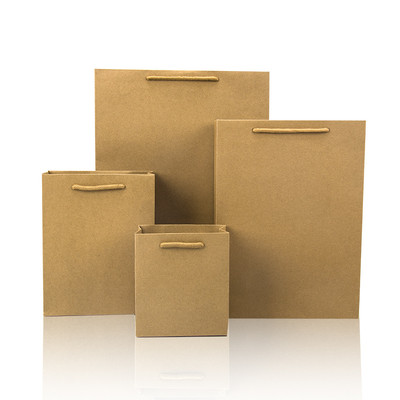Hello! Welcome tochina wine packaging-Guangzhou Zhonghui Paper PackagingOfficial website!
Hello! Welcome tochina wine packaging-Guangzhou Zhonghui Paper PackagingOfficial website!
 Source:Guangzhou ZhonghuiDate of issue 2021-07-27 12:37
Browse:
Source:Guangzhou ZhonghuiDate of issue 2021-07-27 12:37
Browse:
In fact, pure paper packaging materials are difficult to use in beverages. What we call beverage paper packaging almost all refers to paper composites. Composite paper packaging is widely used in beverages, especially non carbonated beverages. Dairy products are the largest application field, and fruit juice, tea and coffee are the most used varieties of composite paper packaging in beverages. At present, almost all major domestic milk, fruit juice and tea beverage manufacturers have paper packaging products on the market.

Typical composite paper packaging used in the beverage industry include Tetra Pak and Kangmei boxes using ultra-high temperature sterilization technology, as well as international paper industry or roof bags of four countries that need refrigeration.
In the composite structure, Tetra Pak or Kangmei box with ultra-high temperature sterilization process has high requirements for packaging materials. Generally, the 7-layer composite structure of paper / plastic / aluminum foil and adhesive layer is adopted,
To ensure that it can withstand ultra-high temperature instantaneous sterilization and strictly block the invasion of air and moisture. Beverages or dairy products sterilized by ultra-high temperature, also known as "sterile packaging", can be stored at room temperature, and the shelf life can reach more than one year.
In the composite structure, Tetra Pak or Kangmei box with ultra-high temperature sterilization process has high requirements for packaging materials. Generally, the 7-layer composite structure of paper / plastic / aluminum foil and adhesive layer is adopted,
To ensure that it can withstand ultra-high temperature instantaneous sterilization and strictly block the invasion of air and moisture. Beverages or dairy products sterilized by ultra-high temperature, also known as "sterile packaging", can be stored at room temperature, and the shelf life can reach more than one year.
Ultra high temperature sterilization beverage packaging can be preserved at room temperature, which is very suitable for the current situation of incomplete cold chain in China, so it has developed very rapidly in China. However, the ultra-high temperature sterilization process not only brings convenience, but also affects the taste of the beverage, which will destroy or change the inherent flavor of the beverage. Therefore, in recent years, the paper composite packaging represented by the roof package of the international paper industry has sprung up.
Relatively speaking, the paper packaging structure of the international paper industry is relatively simple. Because the processing technology does not need to withstand ultra-high temperature, it is generally a paper / plastic 4-layer structure, without aluminum foil layer, and the barrier is not as high as 7 layers. Products need to be refrigerated, and the shelf life is generally no more than 40 days. The beverage has less nutritional loss, but it also maintains better taste. Especially with the continuous improvement of China's cold chain and sales environment, as well as the improvement of consumers' requirements for beverage taste, fresh-keeping paper packaged drinks began to be popular in big cities. Although the proportion of paper packaged fresh-keeping drinks can not be compared with that of ultra-high temperature sterilized drinks, from the international development and recent development trend in China, fresh-keeping drinks will be the development focus of packaged drinks in China in the future.
Types of green packaging materials
1. Reusable and recycled packaging materials
Reuse packaging, such as beer, beverage, soy sauce, vinegar and other packaging, using glass bottles for repeated use. Sweden and other countries implement the reuse of polyester PET beverage bottles and PC milk bottles for more than 20 times. Wellman of the Netherlands and Johnson of the United States recycle 100% of PET containers.
Recycled packaging, such as polyester bottles, can be regenerated by two methods after recycling. The physical method refers to direct and complete purification and crushing without any pollutant residue. The treated plastics can be directly used for recycled packaging containers. The chemical method refers to that after crushing and washing the recovered pet, the depolymerization agent methanol water, ethylene glycol or diethylene glycol is used to depolymerize the pet into monomers or partially depolymerized into oligomers under the action of alkaline catalyst, and then the monomers or oligomers are re polymerized into regenerated PET resin packaging materials after purification.
The reuse and regeneration of packaging materials only prolong the service life of polymer materials such as plastics as packaging materials. When their service life is reached, they still face the problems of waste treatment and environmental pollution.
 A sweep is more wonderful!
A sweep is more wonderful!
Copyright © 2021-2023 易搜无忧 Copyright
National Service Hotline:13808865669 Landline:020-82784272
Address:No.4, 10th Road, Pacific Industrial Zone, Xintang, Zengcheng District, Guangzhou